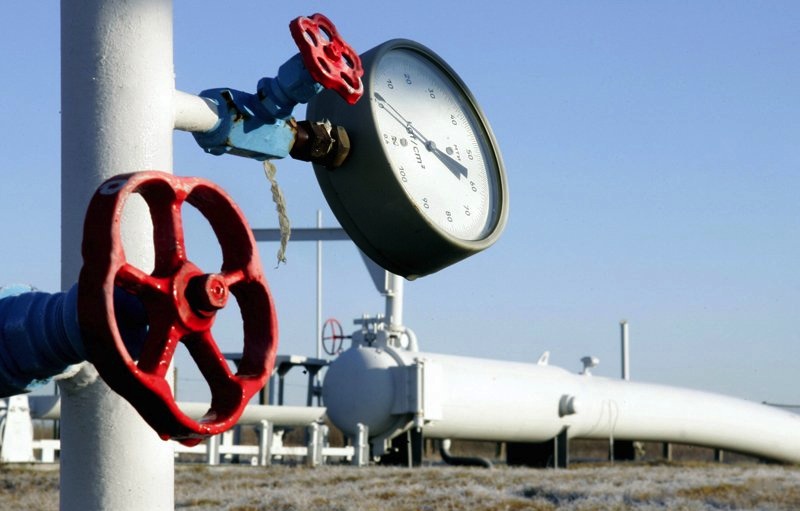India’s Prime Minister, Shri Narendra Modi, will pay a state visit to Egypt from 24-25 June. The visit is at the invitation of Egypt’s President Abdel Fattah Al-Sisi, which he extended to the Prime Minister in January 2023. This will be the Prime Minister’s first visit to Egypt.
Apart from his talks with President Al-Sisi, the Prime Minister is likely to interact with senior dignitaries from the Egyptian Government, some prominent Egyptian personalities, as well as the Indian community in Egypt.
Mohammed Soliman, director at the Middle East Institute told Daily News Egypt that the strategic convergence between India and Egypt is driven by common concerns such as terrorism, regional stability, maritime security, and “the global (dis)order.”
Soliman explained that the two countries aim to collaborate effectively to address these challenges and expand trade and economic cooperation.
India and Egypt, two of the world’s oldest civilizations, have had a history of close contact since ancient times. Even before the Common Era, Ashoka’s edicts referred to his relations with Egypt under Ptolemy II. In modern times, Mahatma Gandhi and Saad Zaghloul shared common goals for the independence of their countries. This relationship blossomed into an exceptionally close friendship between Gamal Abdel Nasser and Jawaharlal Nehru, leading to a Friendship Treaty between the two countries in 1955. The Non-Aligned Movement, led by Nehru and Nasser, was a natural result of this relationship.
“The cultural and historical ties further strengthen their bond, including their shared experiences in the struggle against the British Empire and leadership in the non-alignment movement,” Soliman said.
However, Soliman believes that the present era diverges significantly from the historical period of the 1950s and 1960s, renowned for figures like Nasser, Nehru, and the non-alignment movement.
“Today, countries pursue multi-alignment, focusing on specific issues instead of all-encompassing alignment. The reconstruction of India and Egypt’s relationship entails recognizing areas of shared interests, including trade, maritime security, and manufacturing, and addressing global challenges. Moreover, India’s engagement with Egypt expands its horizons into Asia, while Egypt provides India with a gateway to Africa and the Mediterranean,” he explained.
In January, Al-Sisi arrived in Delhi on a three-day visit as the chief guest of the Indian Republic Day celebrations. During the state visit of the Egyptian President, it was agreed to elevate the relationship to a ‘Strategic Partnership’.
“We’ve decided that under India-Egypt Strategic Partnership, we will develop a long-term framework for greater cooperation in the fields of politics, security, economics and science,” PM Modi said at a joint press conference with President Al-Sisi at the time.
The two countries also eye strong trade and investment ties. Ajit Guptih, the Ambassador of India in Cairo, has previously stressed keenness to increase trade exchange to $7.5bn and encourage Indian investments in Egypt.
The prospect of establishing a designated zone for Indian industries within the Suez Canal Economic Zone (SCZONE) holds great promise, according to Soliman.
“This development aligns harmoniously with Delhi’s steadfast pursuit of strategic partnerships in a pivotal locale that serves as a bridge connecting Africa, the Middle East, and Europe,” he added.
Such an arrangement not only fosters India’s ambitions but also contributes to Egypt’s elevation in the intricate web of the global value chain, Soliman explained further.
According to a recent Reuters report, India is considering the possibility of engaging in barter trade with Egypt, involving products such as fertiliser and gas.
This is part of a larger agreement that could result in New Delhi extending a credit line worth billions of dollars to Cairo. The agreement is expected to be announced during PM Modi’s visit to Egypt.
According to a source who spoke to Reuters, the agreement between Egypt and India would enable Egypt to purchase goods using rupees. Bartering is also being considered as a means of settling the debt, using the sale of Egyptian products that may be of use to India.
New Delhi is eager to diversify its fertiliser imports, particularly after 2021 when some Indian states faced shortages due to Chinese export restrictions and high prices.
Egypt is interested in receiving wheat supplies, as well as other items, as part of the agreement. However, due to India’s wheat export ban, it is unlikely that they will be able to ship the grain, according to an Indian official.
The details of the agreement are still being negotiated, including which companies will be involved and which commodities will be traded, as confirmed by Egypt’s supply minister, Ali Moselhy, in an interview with Reuters.
Moreover, India has offered Egypt to set up production and manufacturing facilities for Tejas Mk1A light combat aircraft (LCA), as well as helicopters, Daily News Egypt reported last year.
Soliman believes that the possibility of India selling its Tejas aircraft to Egypt could lead to technology transfers, joint production, and military collaborations between the two nations.



